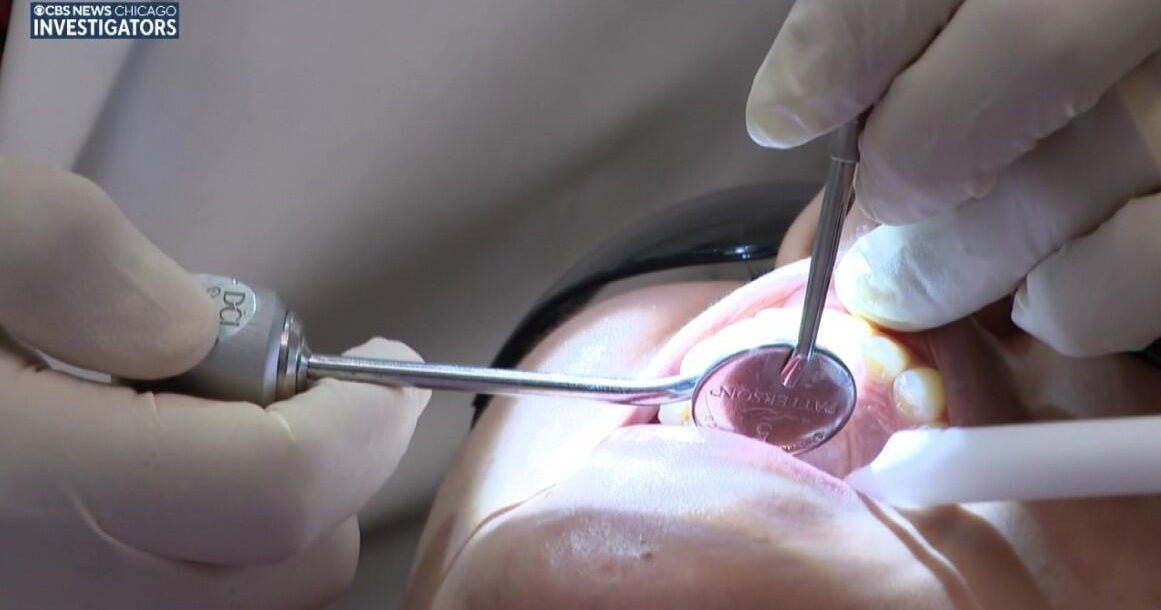Two Legionnaires' Cases At South Loop Warren Barr Rehabilitation Spark Outrage
CHICAGO (CBS)-- When community activist, Reverend Robin Hood, learned about two Legionnaires' cases at Warren Barr rehabilitation center in the South Loop from a CBS 2 story on Sunday, he immediately removed his 86 year-old mother Clara from the facility.
According to the Centers for Disease Control, Legionnaires' disease spreads by breathing in mist (small droplets of water in the air) containing the bacteria. The CDC says, "Outbreaks are most commonly associated with buildings or structures that have complex water systems, like hotels, hospitals, long-term care facilities, and cruise ships."
"That's a serious thing," rev. Hood said. "Nobody told me, after several weeks of her being in here, there was a case of Legionnaires here."
According to the Illinois Department of Public Health, "There are no state or federal rules or regulations requiring long-term care facilities to notify residents, staff, or family about cases of Legionnaires' disease (with the exception of state-run veterans' homes)."
Warren Barr's regional director of operations explained in a phone interview that letters were mailed and information was posted inside the facility.
Hood did not get this information and says this is "absurd" because he feels the state has a responsibility to the people. He then passed out flyers to alert those with loved ones at the facility of the cases.
One of the individuals surprised by the news was Michelle Wilson who says she picked her sister-in-law up, just to give her a shower, because there's no running water at the facility.
The director said there is a self-imposed water restriction in place after Illinois and Chicago departments of public health raised concerns about the water quality. No violations were issued to the facility. She said the Department of Water conducted their own testing and found the water to meet quality standards.
Bottled water was brought into the facility, but the families still have unanswered questions.
"If they're being paid for it, they're supposed to be telling people what's going on with them," Wilson said. "No matter what."







